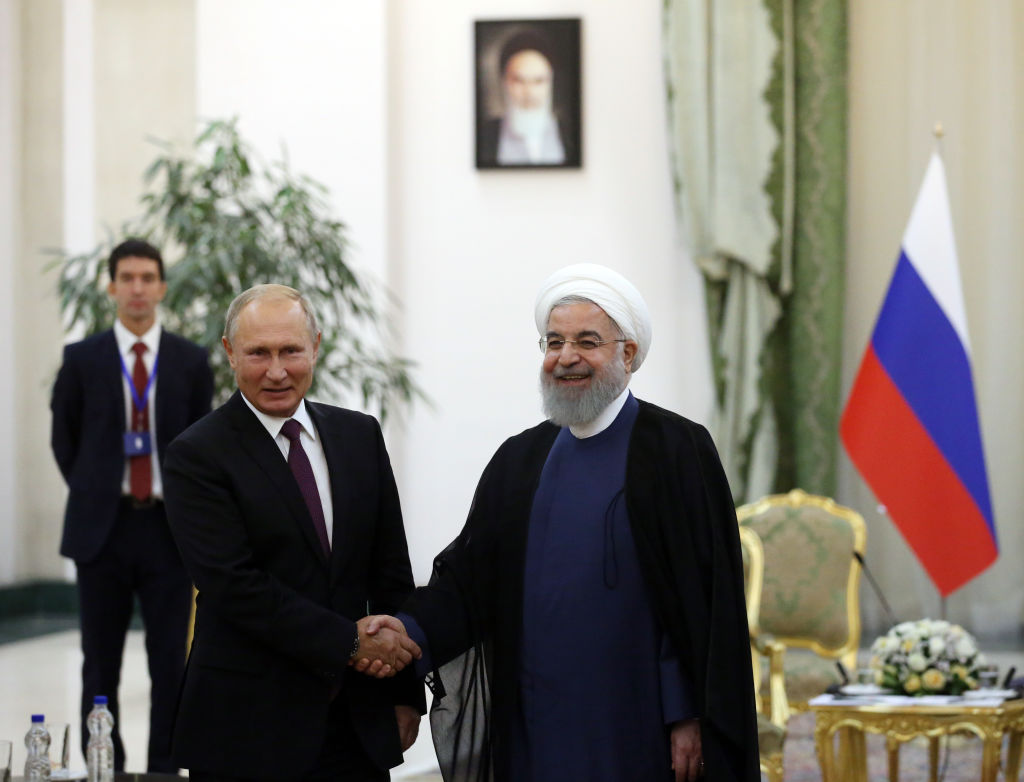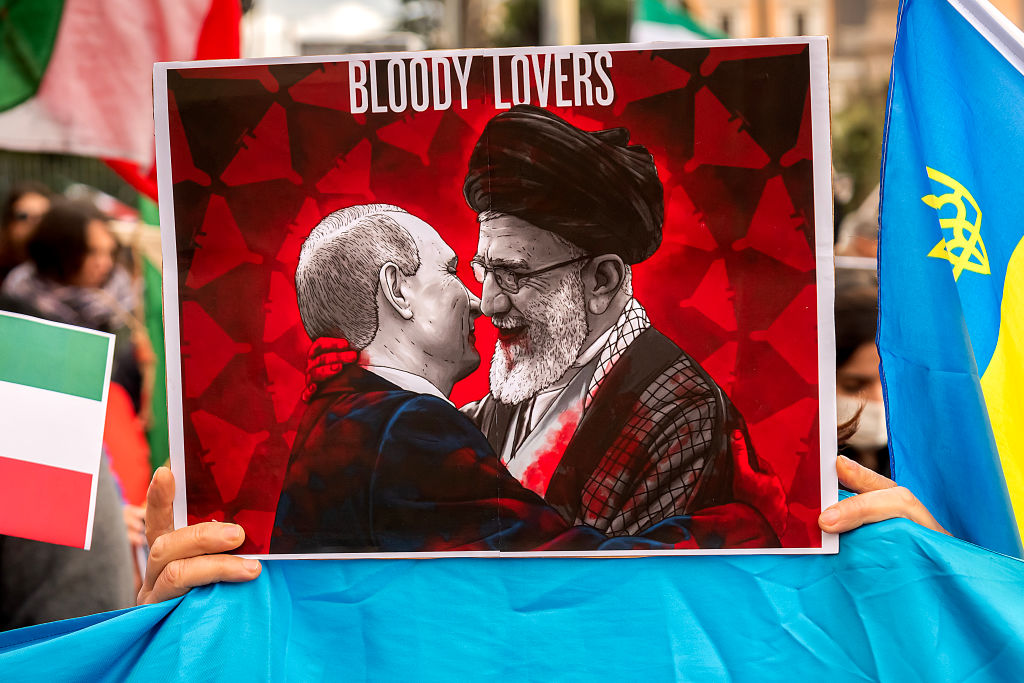The Gaza conflict has a direct spillover effect in Europe: Unrest and insecurity are on the rise. It is now clear that aggressive multiculturalism, which has been so actively pursued by EU elites over the last few decades, does not work as planned. This is bound to have political repercussions.
With terrorist attacks and killings of Christians, Jews and homosexuals by Islamist extremists taking place in Belgium, France, Germany and Ireland, as well as with violent demonstrations and a new wave of anti-Semitic attacks becoming commonplace all around Europe, the EU top brass is panicking.
The liberal alliance of centre-Right and socialist parties, also known as the “grand coalition”, that has ruled in Brussels for decades, is responsible for the loose immigration and failed integration policies which are now causing such chaos and indignation.
Trouble has been brewing for years. Since the beginning of the so-called “Arab Spring”, EU leaders have all but imposed mass and uncontrolled immigration on Europe. It is not by chance or accident, but rather through policies promoted by Europe’s institutions and patriarchs, that things have now reached a tipping point.
Conservatives have sounded the alarm time and again, but ruling liberals have consistently downplayed concerns, or even dismissed objections as having racist undertones. Now that the conflict in Israel is revealing the harsh and uncontested truth, the blame game is on. And rightly so.
Over time, and often contrary to public opinion, nearly all EU governments have aligned themselves with decision made in Brussels. Leaders like Viktor Orban, who dare to resist the mainstream trend, have been treated as outcasts. NGOs like Solidarity Now have been left roaming at large, imposing their agenda on sovereign states.
European voters are now right to be bent out of shape over feeling threatened and unsafe. And with European Parliament elections coming up in a few months, they will most likely not reward policies that have so clearly failed. On the contrary, parties with anti-immigration rhetoric are clearly on the rise. Therefore, the usual suspects now appear to be changing course.
EU Home Affairs Commissioner Ylva Johansson has called for “individuals that could be a security threat (…) to be returned forcefully, immediately”. France’s Interior Minister wants to deport dangerous illegal migrants before they can appeal to the European Court of Human Rights. Germany moves ahead with fast track deportation of unsuccessful asylum seekers. Belgium’s Secretary for Asylum and Migration has stated that countries refusing to take back their nationals must be forced to cooperate.
In a nutshell, the pro-immigration establishment in Europe is adopting more conservative views. But is it too little, too late? Can those who created the problem be trusted with the task of resolving it?
As Christmas is approaching, landmarks and cathedrals guarded by the army and Christmas markets proven to be soft targets for terrorists look less inviting to visitors. Popular Continental destinations for which travel warnings have been issued, are already affected.
With the war in Israel expected to last, Europeans are likely to reach the 2024 EU ballot box worried and frustrated. This may lead to a further rise of conservative, far Right and eurosceptic parties, but also to centre-Right groups, such as the EPP, seeking partnerships to the Right – either seeking common ground with groups like ECR, or wooing leaders like Giorgia Meloni.
The “grand coalition” risks falling victim to its own miscalculations, which are now grandly backfiring.
Konstantinos Bogdanos served as a member of the Greek parliament from 2019 to 2023





‘Give war a chance’: Calls for ‘humanitarian pauses’ in Gaza are only playing into terrorists’ hands